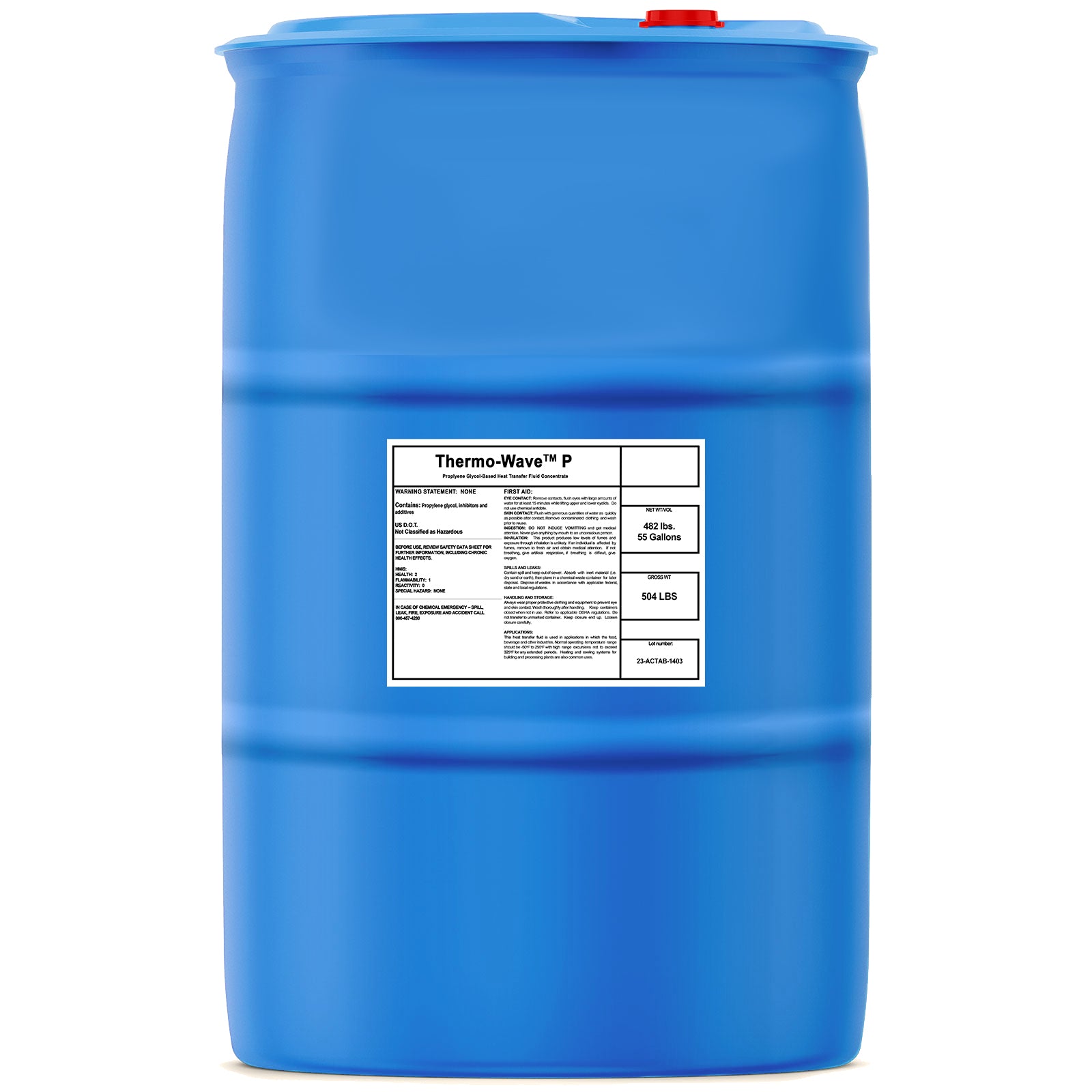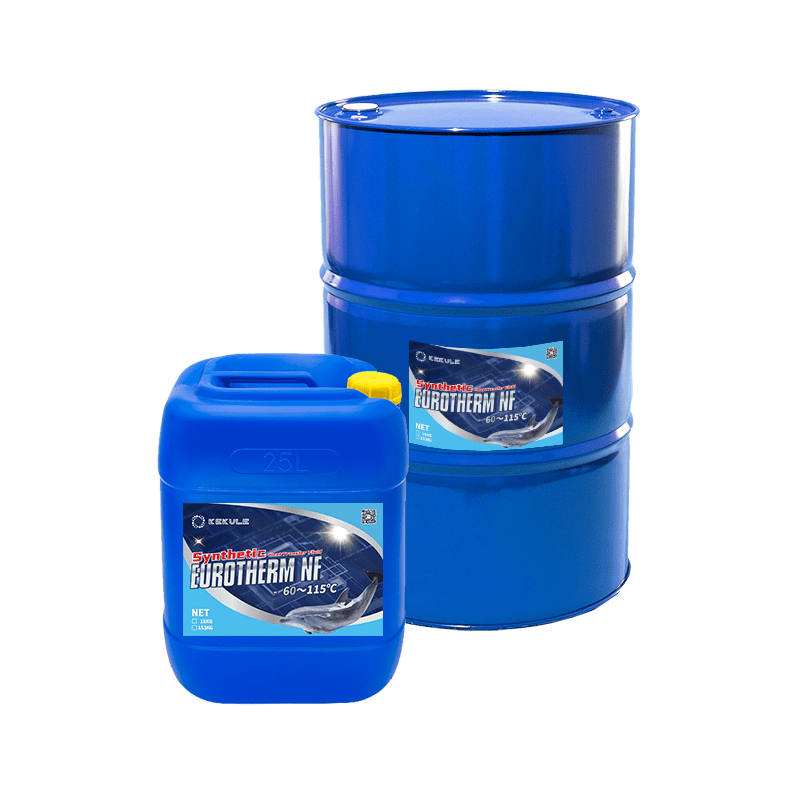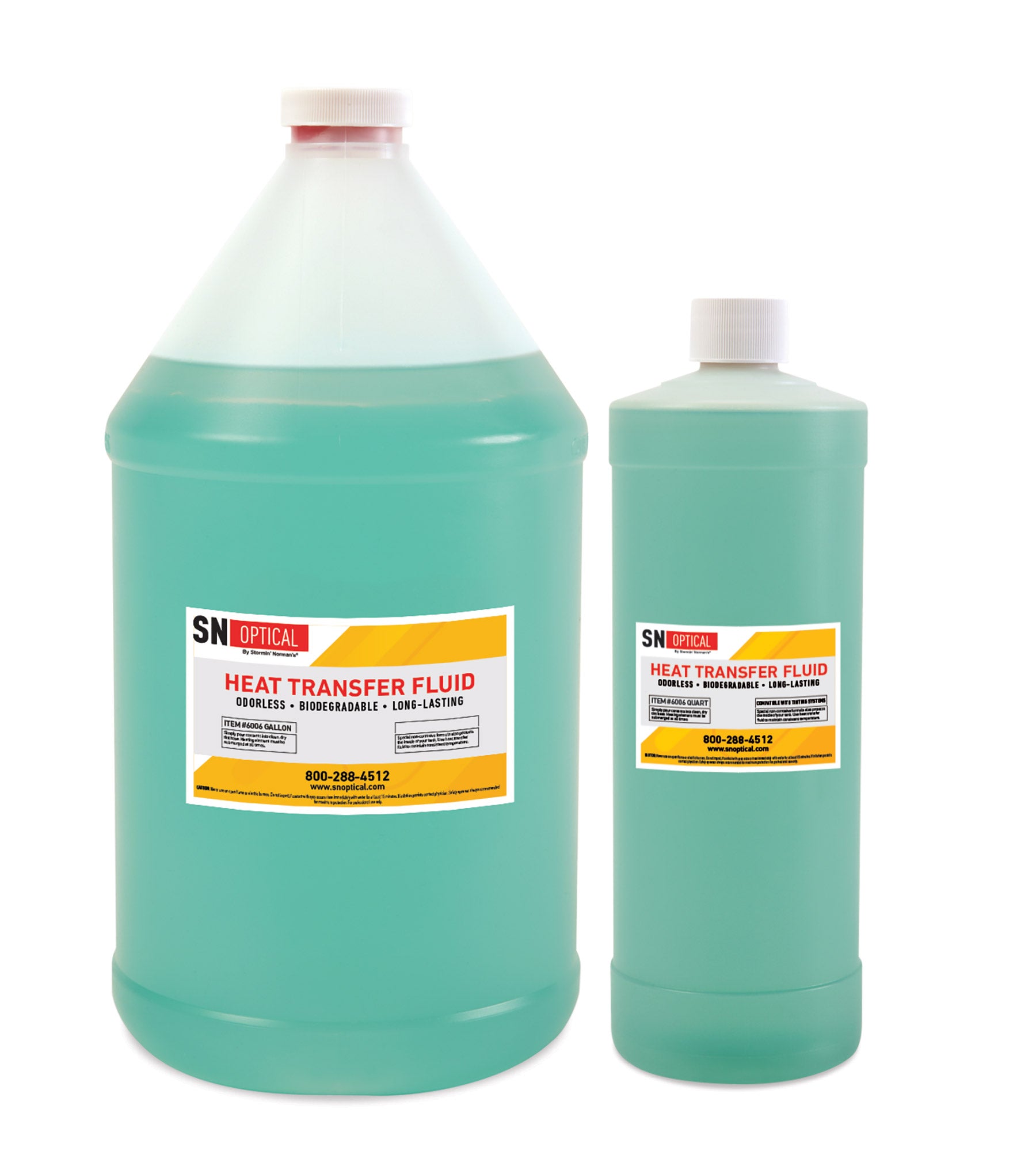Just How Heat Transfer Fluid Effects the Effectiveness of A/c Systems
Just How Heat Transfer Fluid Effects the Effectiveness of A/c Systems
Blog Article
Just How Heat Transfer Fluid Adds to Lasting and Economical Procedures
In the modern commercial landscape, the role of warm transfer liquids (HTFs) in advertising sustainable and cost-efficient operations can not be overemphasized. These liquids are critical in optimizing thermal administration systems, thereby substantially enhancing energy performance and reducing functional costs. The ecological advantages of innovative HTFs, with their high thermal security and reduced toxicity, are indisputable. They not only prolong system durability but additionally add to the reduction of dangerous emissions. The true potential of HTFs is recognized with the careful option process, ensuring compatibility and safety. But what variables should assist this important option?
Comprehending Heat Transfer Liquids
In the world of thermal administration, warm transfer liquids (HTFs) serve as essential agents for transferring thermal power from one location to an additional. These liquids play a crucial duty in numerous industrial applications, including chemical processing, power generation, and Heating and cooling systems.
The make-up of heat transfer liquids can differ considerably, consisting of options such as mineral oils, artificial oils, glycols, and molten salts. Each type supplies unique advantages, such as enhanced thermal security, reduced viscosity, and high boiling points, which are picked based upon details functional requirements. The option of HTF influences not only the effectiveness of warmth transfer yet likewise the durability and safety of the system in which it is used.
As markets remain to innovate, the advancement of advanced HTFs, defined by their improved thermal conductivity and reduced ecological effect, is critical for fulfilling the demands of modern-day thermal administration challenges.

Enhancing Energy Efficiency

Improving power effectiveness has come to be a vital concern throughout numerous industries, motivating a better assessment of warmth transfer fluids' duty in optimizing thermal monitoring systems. These liquids are essential to maintaining the preferred temperature in processes, therefore lessening power waste and enhancing general system performance. By picking an appropriate warm transfer liquid, markets can significantly boost their energy performance, leading to decreased power consumption.

Advanced formulas of warm transfer liquids have actually been developed to withstand extreme temperatures while preserving find more security and effectiveness. These innovations expand the functional life expectancy of the fluid, reducing the frequency of substitutes and energy-intensive upkeep tasks. The use of artificial or bio-based fluids provides additional benefits in terms of minimized ecological effect, lining up with global sustainability objectives. Consequently, enhancing power performance through optimum warm transfer fluid choice is not only a technical necessity however additionally an ecological critical.
Lowering Functional Prices
Functional prices are a substantial consideration for industries seeking to keep affordable advantage, and the selection of warm transfer fluid plays a vital duty in expense management. Selecting an ideal warmth transfer fluid can cause significant price savings by enhancing system effectiveness and reducing power usage. High-performance fluids reduce thermal degradation, which consequently minimizes the regularity of fluid substitute and downtime linked with maintenance, thus lowering functional expenditures.
In addition, warm transfer fluids with premium thermal stability and deterioration resistance expand the lifespan of tools. This reduces the requirement for constant fixings and substitutes, which can be pricey and disruptive to procedures. By buying premium fluids, sectors can attain lasting reductions in upkeep Extra resources prices and improve the integrity of their systems.
Furthermore, advanced warmth transfer fluids commonly exhibit reduced thickness at operating temperature levels, which improves pump performance and reduces energy use in fluid flow. Many contemporary warmth transfer fluids are engineered to operate successfully over a broad temperature range, reducing the requirement for several liquid kinds, visit our website therefore streamlining stock requirements and decreasing associated prices.
Ecological Influence Decrease
The push in the direction of lowering environmental impact has actually gained momentum in sectors leveraging heat transfer fluids. Warm transfer liquids (HTFs) play a vital function in this change, using possibilities to enhance power performance and minimize exhausts - heat transfer fluid.
Moreover, making use of sophisticated warm transfer fluids adds to improved system effectiveness, minimizing the total energy usage. This reduction not only causes price savings but likewise decreases co2 discharges, assisting in the fight against environment adjustment. Fluids that are eco-friendly and recyclable better improve sustainability initiatives, as they lessen waste and promote circular economic situation practices.
Additionally, including HTFs right into closed-loop systems protects against fluid loss and contamination of the surrounding atmosphere. This technique guarantees that fluids are recycled, reducing the need for brand-new resources and limiting waste generation. By accepting these eco aware techniques, markets can substantially lessen their environmental effect while keeping high operational effectiveness, aligning with global sustainability goals and governing requirements.
Picking the Right HTF
Choosing the appropriate heat transfer fluid (HTF) is a crucial step in progressing ecological sustainability within industrial processes - heat transfer fluid. An excellent HTF ought to have a high thermal capability, reduced thickness, and high thermal conductivity to make sure efficient heat transfer.
This guarantees durability and decreases upkeep expenses. The fluid needs to be non-toxic and naturally degradable, minimizing its ecological impact and ensuring conformity with environmental policies.
Final Thought

Report this page